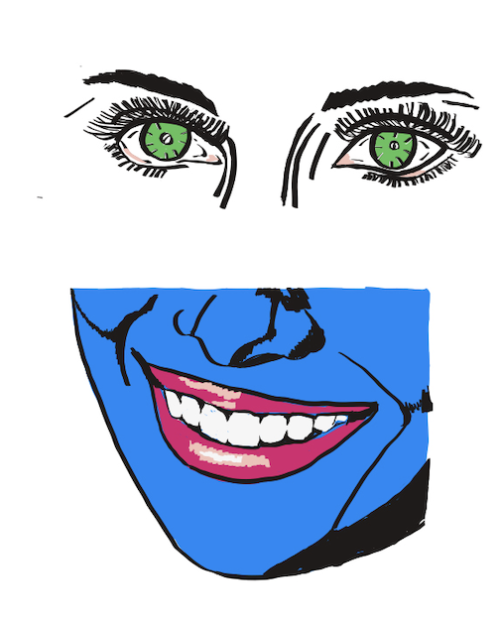The Independent’s annual Sex Issue aims to do two things—uncover students’ sexual experiences and then report those experiences back to the student body. Accordingly, this year we wanted to gauge the perceptions of Harvard students as it pertains to “sex appeal.” In other words, we asked students if their peers are hot.
The survey began by asking the near 200 respondents a simple question: do you find the average Harvard student attractive? To this question the three available answer choices were: meh, no, and yes. Meh was the top choice, claiming 52% of the vote. Of the remaining choices, no held a large lead over yes, with popularities of 34% and 14%, respectively. Though the pool of respondents was not overwhelmingly large, nor was it perfectly representative of the entire student body, the perspectives we gathered indicate that the average Harvard student is somewhere between a definite yes and definite no—or meh, to be concise.
But gauging perception on a near-binary scale of hotness can be one-dimensional, so the survey asked students to elaborate on what is and is not attractive, differentiating between physical and emotional traits. 28% of respondents indicated athleticism/fitness among their preferred traits, holding a plurality over all other answers. In descending order, the top five preferred physical traits among respondents were: athleticism, height, face, hair, and eyes. Also in descending order, the least attractive traits were: hair, feet, height, physique, and weight.
Students took two different approaches in answering this question. Some viewed it as a question of what they find outright unattractive, and listed the traits they dislike; others answered with what they find least attractive, and listed the traits to which they are indifferent. For example, hair was the least attractive trait among respondents, but this is likely because many people are relatively indifferent to hair style, not because they find hair in general unattractive. On the flipside, height, which was the third most selected trait, was likely selected in a different context than hair. The majority of people that indicated they had an issue with height specifically stated that shortness was unattractive, suggesting an active dislike for particular heights, rather than an indifference towards all heights. That being said, readers should not interpret these results at face-value.
As for the emotional traits, students’ answers were slightly less predictable. Humor was by far the most attractive trait, with 33% of respondents indicating its importance to them. Following humor, the top emotional traits were kindness, communication, intelligence, and confidence, in descending order. As for least attractive personality traits, students listed toxicity, entitled, rudeness, insecure, and stiffness—toxicity to mean general immaturity (think cheating, fighting, or narcissism) and stiffness to mean either boringness or seriousness. Interestingly, there was a also notable number of responses which indicated that toxicity was attractive, and tenderness was unattractive—which is roughly the opposite stance from the average answer. The survey did not gather answers on the basis of gender or sexuality, though it would be interesting to see how these preferences vary across the gender and sexual orientation spectrums.
Aside from polling attraction, the survey also asked students which concentration they thought had the most sex. Predictably, the overwhelming answer was Economics, which brought in 34% of the vote. In a distant second place was Psychology, only holding 8% of responses. Computer Science concentrators tried to prop up their egos by voting for themselves.
Students’ written responses were revealing as well. One student found it most attractive if their partner is “strong enough to throw me around the room.” Another student said, “Clear skin, long hair, and the obvious straight-man turn-ons attract me the most. The average straight-man turn-ons, that is, except for large behinds. Those do nothing for me.” Other respondents wrote: “breasts, doesn’t matter what size,” “Someone who has the same mental illnesses,” “feminist kings,” “swagger,” and, “I heard Slavic Languages and Literatures has some extremely sexy people.”
All in all, it is important to remember what these results are—a collection of opinions. Is Harvard hot? Well, while the average student may be without a definitive answer, such a question can never be answered anyway. Attraction is subjective, and though trends exist in what people find sexually appealing, no specific traits are inherently more valuable than others, and no general claims should be made from these answers. However, the survey results are fun to examine, and given that students have not had the chance to live alongside each other in over a year, it’s encouraging to believe that Harvard is hot.
Christian Browder ’23 (christianbrowder@college.harvard.edu) is beginning to think some of the respondents in this year’s sex survey have a thing for feet.

